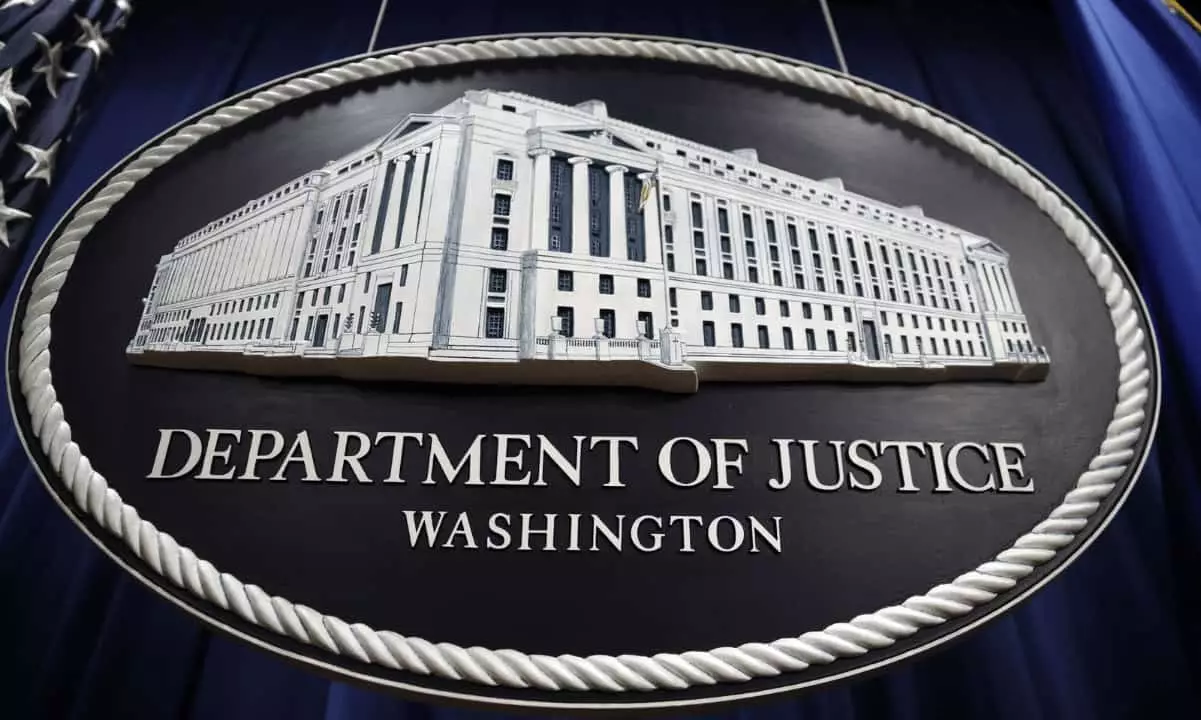Maximiliano Pilipis, a former resident of Noblesville, Indiana, has recently been swept into a legal maelstrom following the indictment by a federal grand jury on multiple serious charges, including five counts of money laundering and two counts of failing to file tax returns. This case serves as a glaring example of the dark underbelly of unregulated cryptocurrency exchanges, which can unknowingly facilitate nefarious activities, including money laundering and tax evasion.
Pilipis is alleged to have operated an unlicensed virtual currency exchange, known as AurumXchange, from 2009 to 2013. This platform was purportedly a hub for converting Bitcoin and other digital currencies into U.S. dollars and various international currencies. Throughout its existence, AurumXchange reportedly carried out over 100,000 transactions, with total exchanges exceeding $30 million. For these services, Pilipis reportedly accrued over 10,000 BTC, purportedly worth around $1.2 million at the time.
While AurumXchange appears to have been a profitable venture, the legal framework within which it operated raises significant red flags. The U.S. Department of Justice highlighted that the exchange functioned without the necessary licenses or oversight mandated by federal law. Regulations require money transmitters to perform due diligence on their customers—specifically to verify identities, report transactions to the U.S. Treasury, and maintain comprehensive records to ensure the integrity of the financial system.
Prosecutors argue that Pilipis flouted these protocols by processing transactions from anonymous accounts, some of which were allegedly associated with the notorious Silk Road marketplace. Established in 2011 and dismantled in 2013, Silk Road provided a platform for illicit trades, specifically in illegal drugs and other contraband, utilizing cryptocurrency to obscure identity and evade law enforcement. It is claimed that customers of Silk Road were able to convert their ill-gotten crypto gains into fiat currency through AurumXchange, thus enabling money laundering on a significant scale.
Following the cessation of operations at AurumXchange in 2013, authorities allege that Pilipis continued to conceal his crypto assets. The indictment claims that he engaged in splitting and transferring Bitcoin proceeds to obscure their origins effectively. His actions did not stop there—in 2018, he reportedly converted some of these digital assets into U.S. dollars, utilizing the funds to invest in real estate properties in Arcadia and Noblesville, Indiana.
Amid his financial maneuvers, Pilipis reportedly amassed significant income—totalling hundreds of thousands of dollars from 2019 to 2020—yet he neglected to file federal income tax returns. This omission could complicate his legal standing, emphasizing a pattern of disregard for compliance not only with financial regulations but also with tax laws.
This case highlights a broader concern regarding the emerging world of cryptocurrencies and digital assets in an increasingly digitized economy. The U.S. Attorney for the Southern District of Indiana, Zachary A. Myers, encapsulated the government’s stance, declaring, “Combatting the criminal misuse of cryptocurrencies and other digital assets is a critical priority for the Department of Justice.” The ramifications of Pilipis’s actions could contribute to a larger conversation about the necessity for stricter regulations and enforcement in the realm of cryptocurrencies.
If found guilty of all charges, Pilipis potentially faces a maximum sentence of ten years in federal prison alongside a hefty fine of up to $250,000. His fate will ultimately be determined by a federal district court judge, who will weigh various aspects, including the U.S. Sentencing Guidelines.
The indictment of Maximiliano Pilipis serves as a critical reminder of the vulnerabilities that exist in the cryptocurrency market. His alleged illicit activities underscore the very real challenges regulators face in keeping pace with rapid technological advancements in the financial sector. As governments grapple with the implications of cryptocurrency, cases like Pilipis’s will likely serve as a catalyst for more robust regulatory frameworks that ensure accountability and compliance while safeguarding against the misuse of digital currencies.


Leave a Reply